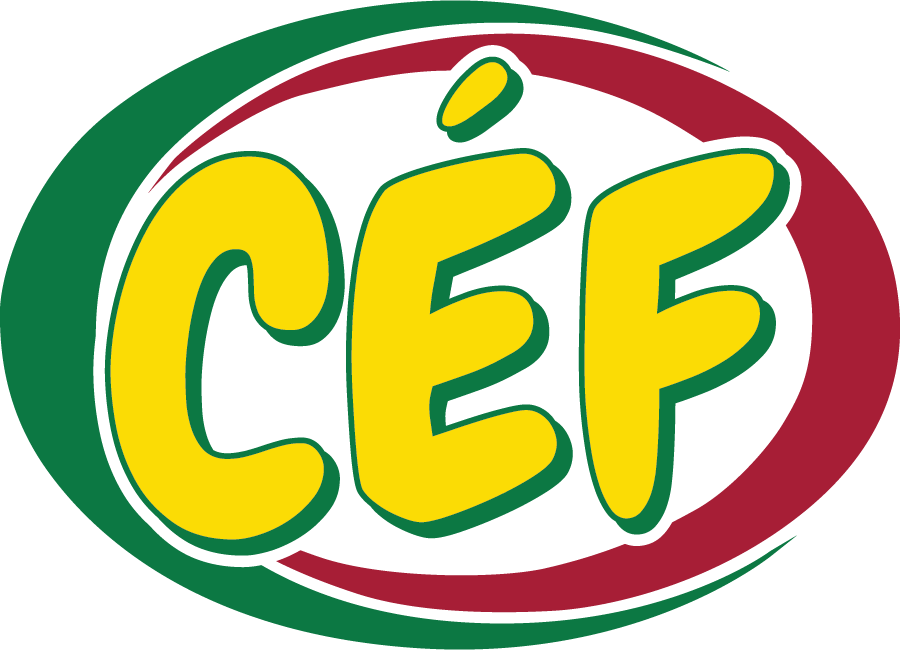Exogamous families
A useful resource for families: Parent Times newsletter
Parents are their child’s first educators. Studies have also stressed the importance of parental involvement in children’s education. When parents show an interest in their child's education, whether through a positive attitude or through the help they offer, children have a stronger will to succeed in school. At the Conseil des écoles fransaskoises (CÉF), student achievement is our staff’s top priority. Knowing that parents are also co-responsible for this success, the CÉF has developped a series of newsletters to help parents. This tool enables parents to support their child’s academic progress and Francophone identity. Each month, the newsletter offers some useful resources, ideas, tips and information that will help your child enhance his skills in French and develop his own cultural identity at home. A bilingual tool (page 1 - FR, page 2 - EN), exogamous families will find useful tips adapted to their reality.
Frequently asked questions for families with a parent who does not speak French
An exogamous family is one in which the parents do not belong to the same cultural or ethnic group, or have different mother tongues. For example, your first langage might be French, while your spouse's first language could be English, Cantonese or Ukrainian.
Did you know that most of our students are from exogamous families? In fact, approximately 80% of our students are of mixed cultural descent.
What if my child doesn't speak French?
Did you know that:
- if you are a parent in an exogamous couple (one francophone parent and one parent of another cultural or ethnic group). your child is eligible to access first-language French education, even if he or she speaks little or no French? It's your right!
- the CÉF offers francization services for these students. Specialized staff is hired to help them learn the language and culture and succeed in school. Other services are also available to assist the whole family with the francization process.
Remember:
- In Saskatchewan, choosing a first-langage French education is ensuring sustainable bilingualism for your child!
What if my spouse doesn't speak French? What if I don't speak French? I heard that everything takes place in French? How can I participate if I don't speak French?
Meet the teachers! Attend school activities! The staff and other parents can help you as necessary. For example, if you need help understanding the school newsletter, call the school and request linguistic support.
How can a non French-speaking parent help with their child's education?
Your school principal can give you many options depending on what your child needs. The best thing to do is get in touch with the school to discuss your options. At home, however, the best thing to do is encourage your child and provide a quiet place to study.
Parents who do not speak French can still help with homework, thanks to SOS DEVOIRS, a useful and free homework online assistance resource.
Is there support for parents who wish to learn French?
Yes! The SEFFA (Service fransaskois de formation aux adultes) offers beginner, intermediate and advanced French courses for parents.
Other French courses are offered, amonst others, through the University of Saskatchewan (in Saskatoon) and the University of Regina (in Regina).
Here's an idea: Did you know that by listening closely to your child learning to read and speak in French, you might just learn more words that you would have thought possible? What a wonderful opportunity for parents and children to learn together! And if you're not sure what a word means, try looking up the word in a French and English dictionary.
What other resources are there?
Many books and brochures have been written to assist parents whose children are enrolled in first-language French schools. Here are a few we recommend.
‘‘I'm with you’’
This handbook provides information regarding francophone education along with answers to many questions that you may have as a non-francophone parent of a child registered in a francophone school. The challenges faced by exogamous families are numerous and this resource will provide much needed information and suggestions in an easy-to-read style, sprinkled with humour, bringing welcome support to many families.
To obtain your copy, please contact your local school.
‘‘Bonjour’’
This series of pamphlets is full of hints, information and resources to help bilingual families live en français à la maison. To find out more, visit the site of La Commission nationale des parents francophones at www.cnpf.ca.
‘‘Practical ideas for the promotion of French in French-English Families’’
One of the greatest challenge facing parents in a minority language situation is to encourage the fluent speaking and appreciation of French by their children. For a copy of this brochure, contact the Association des parents fransaskois at 306-653-7444 or visit their web site at parentsfransaskois.ca
It will provide you with concrete, everyday, hands-on ideas sure to be of some help.



